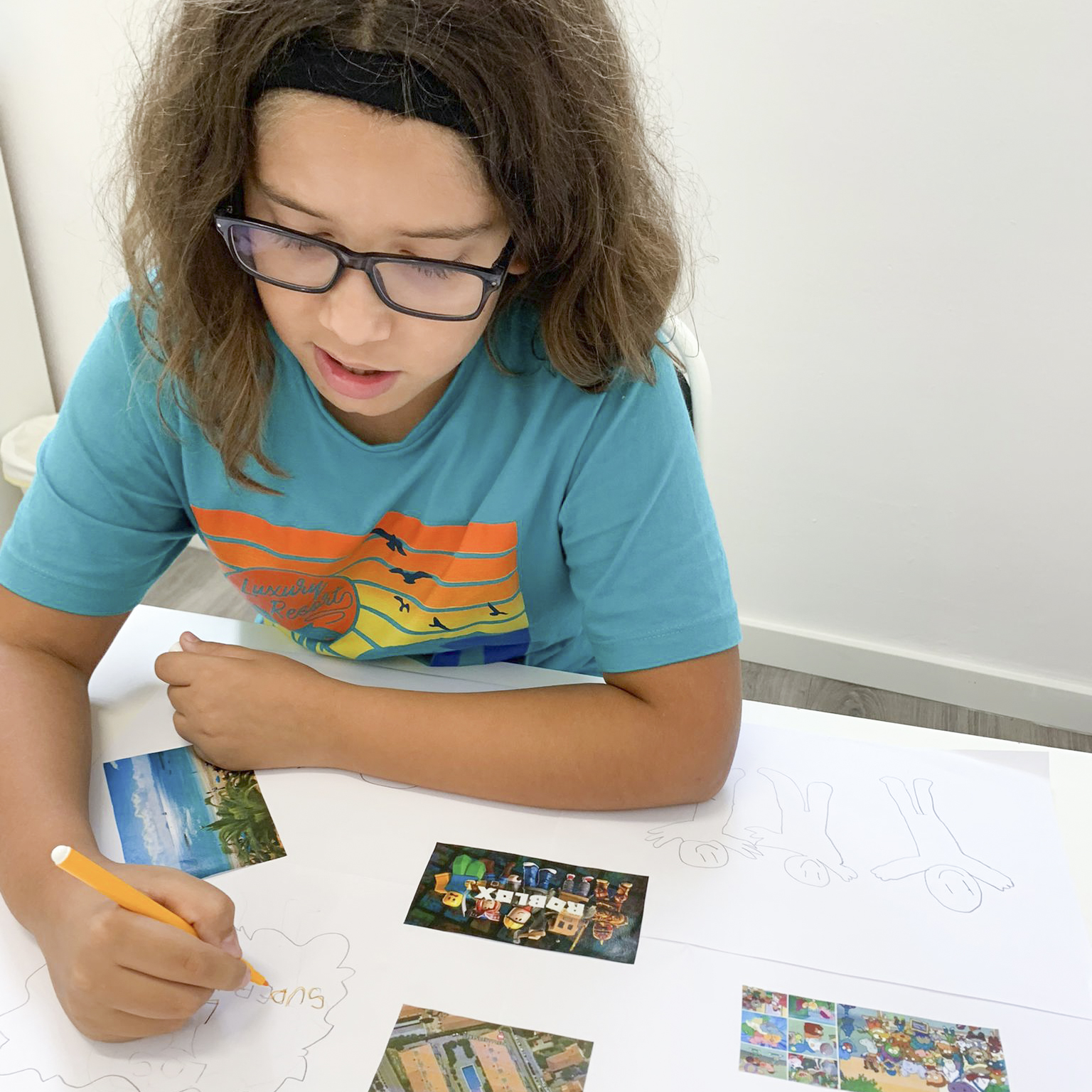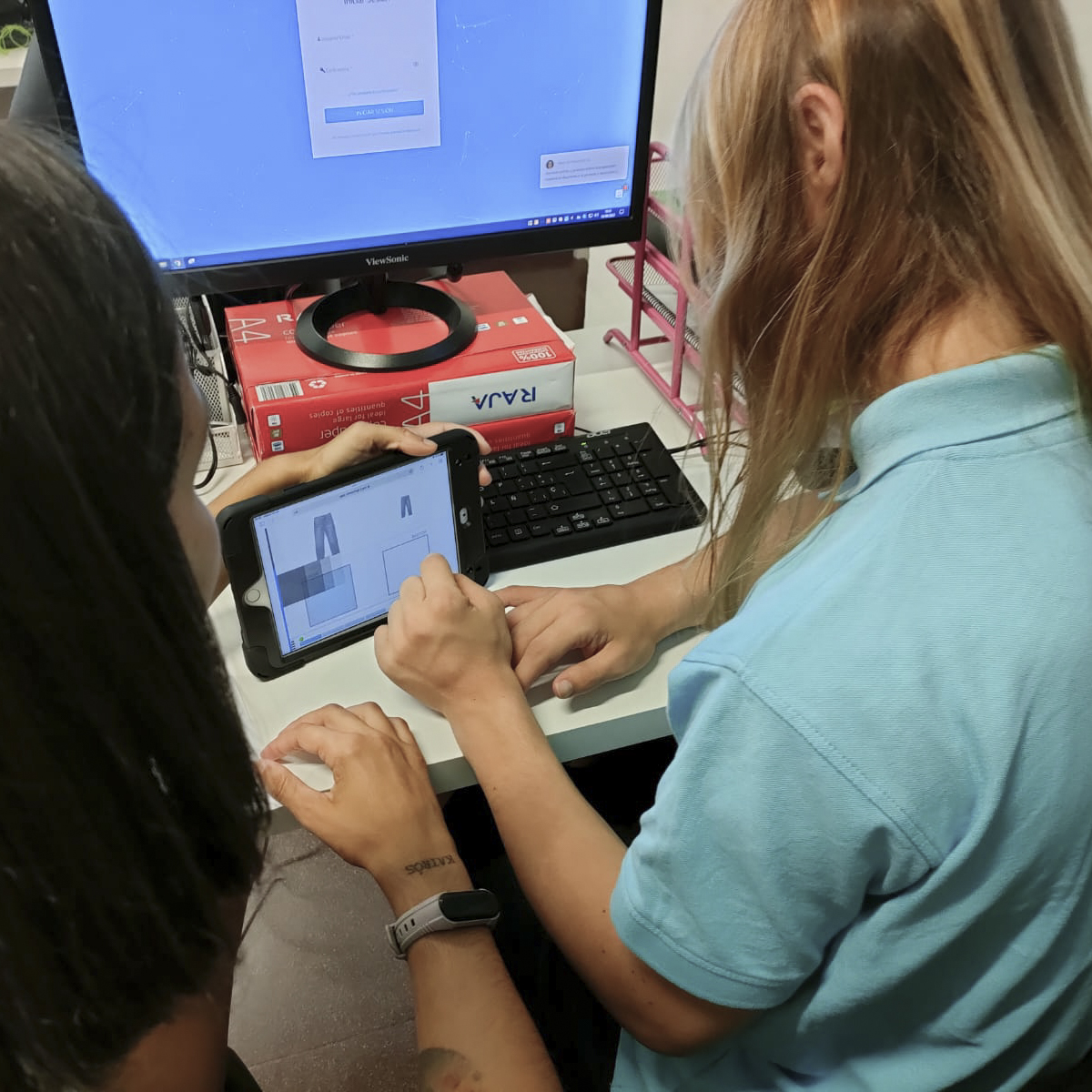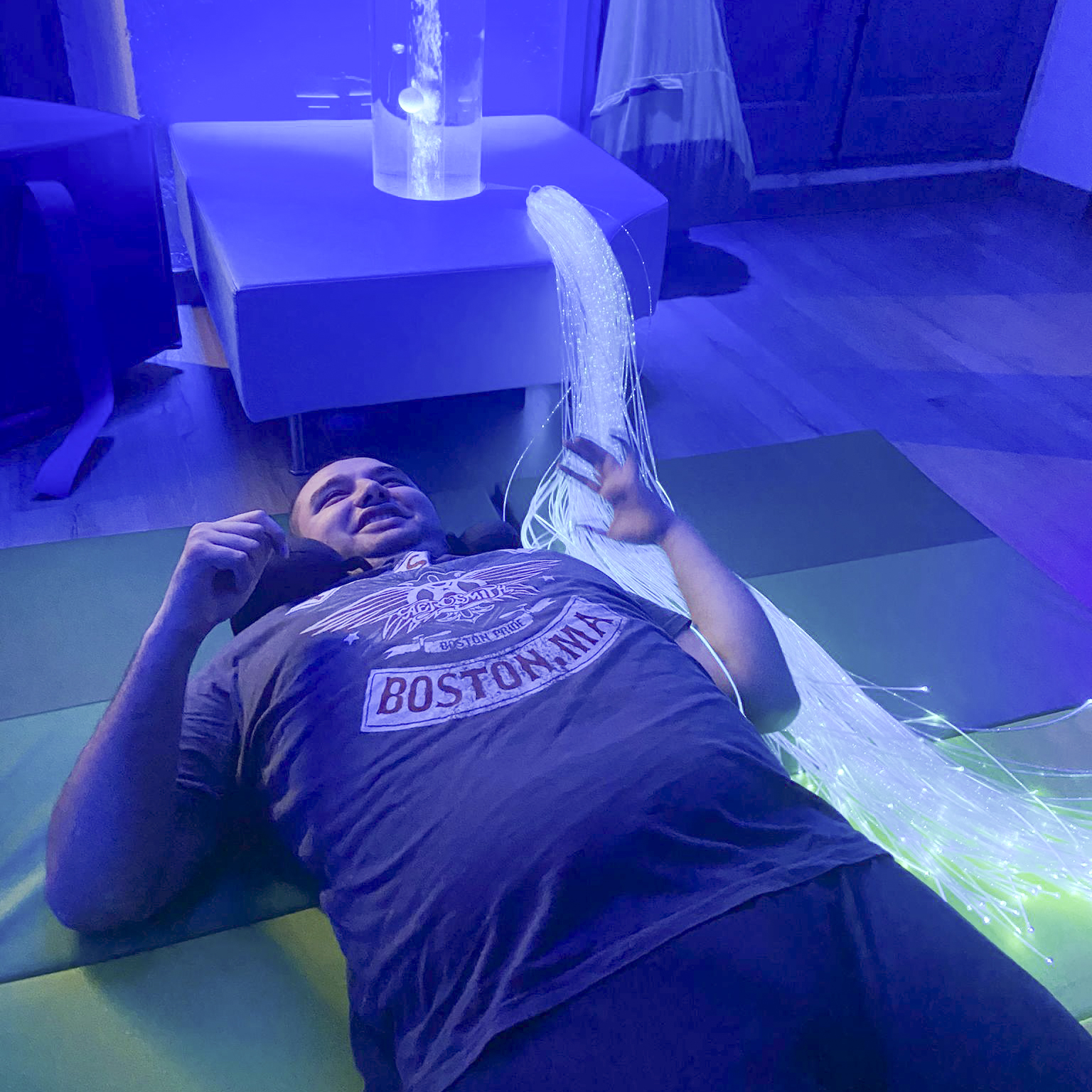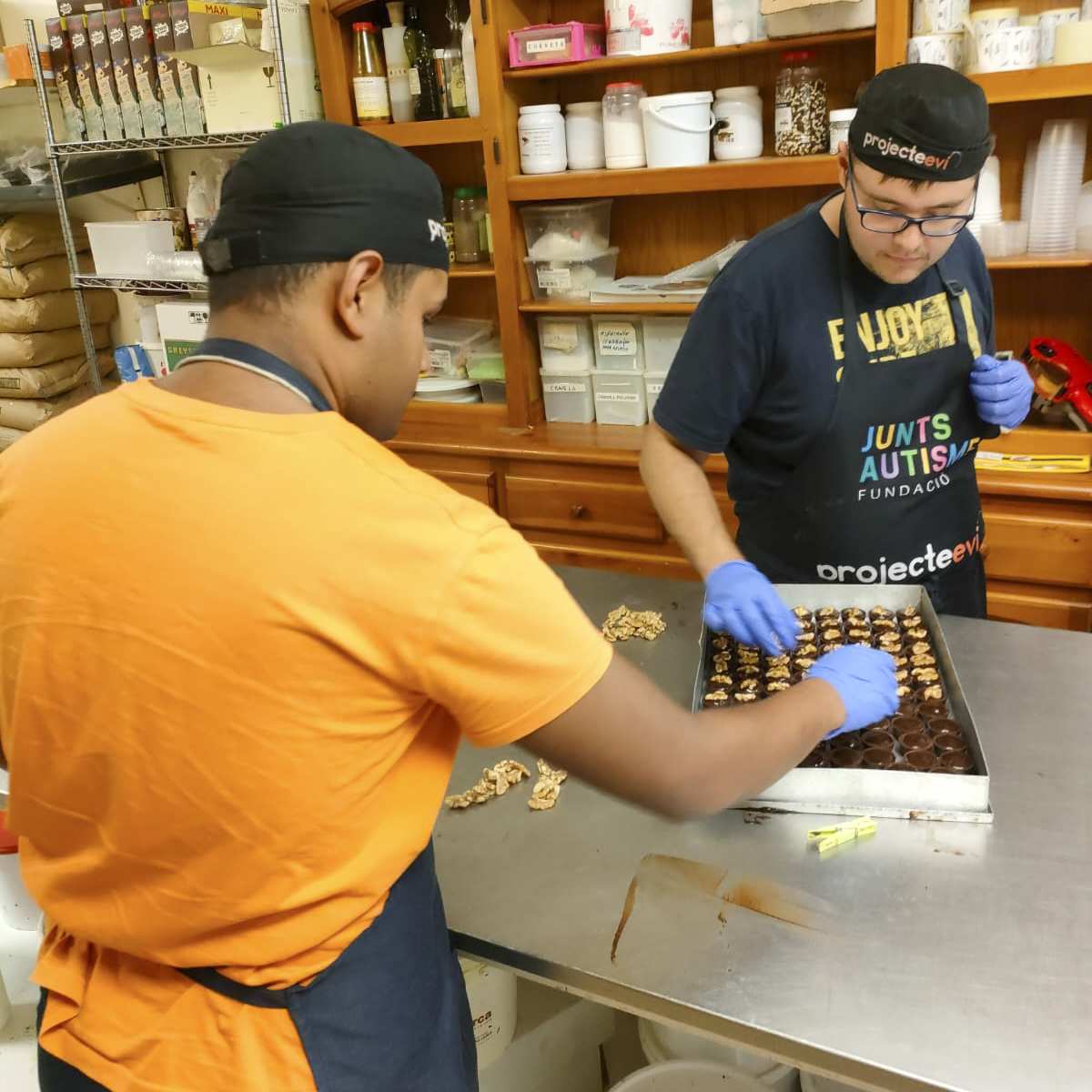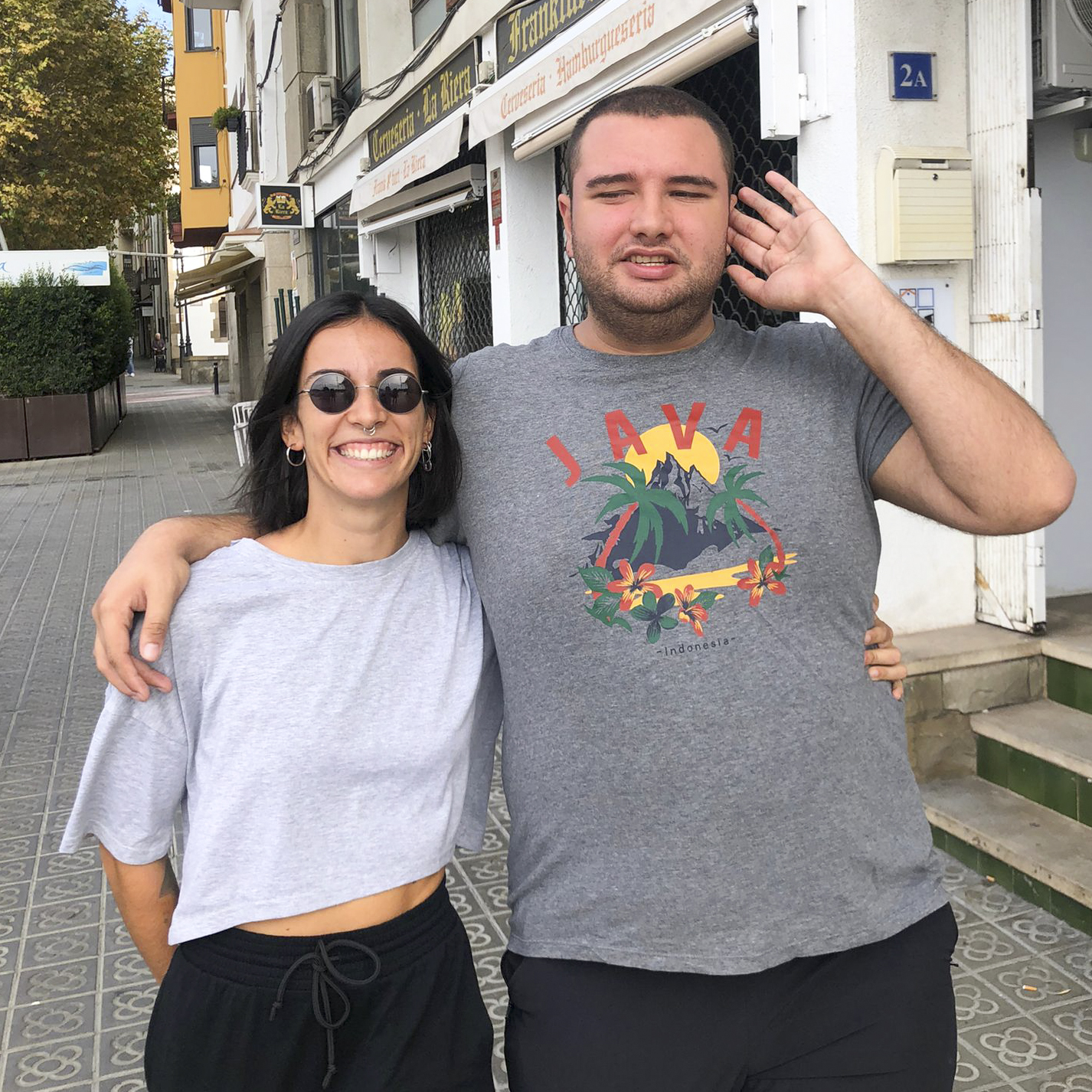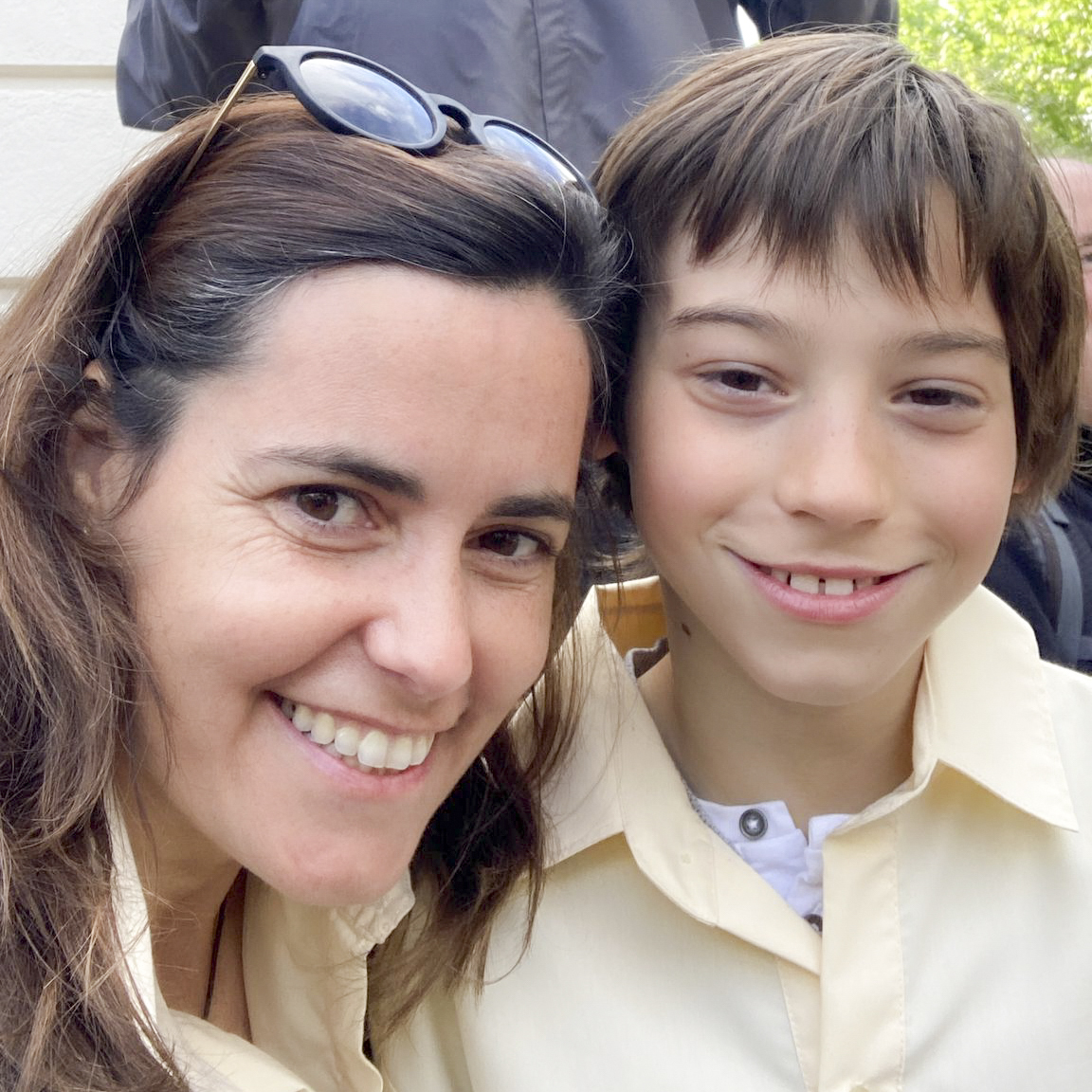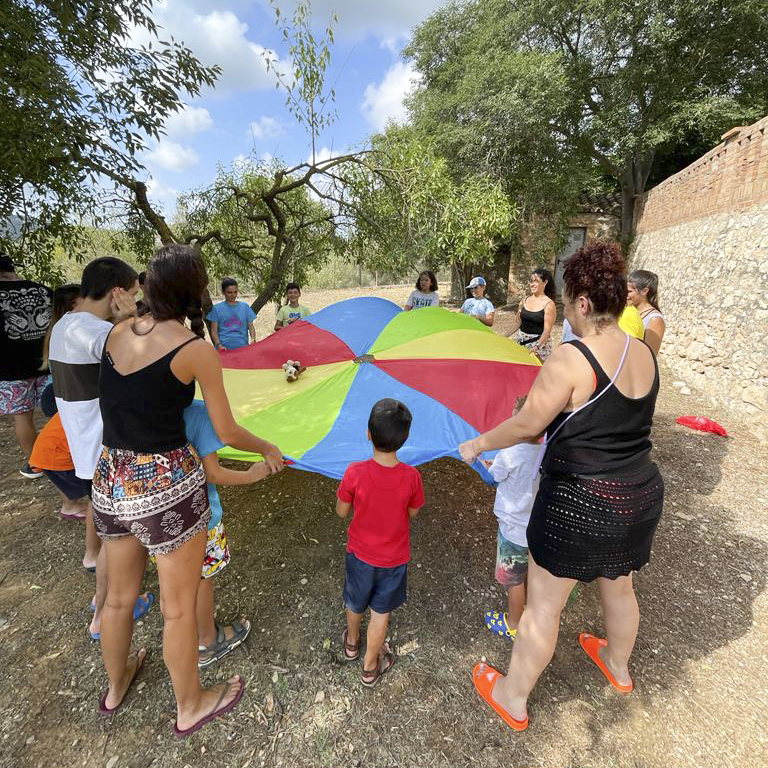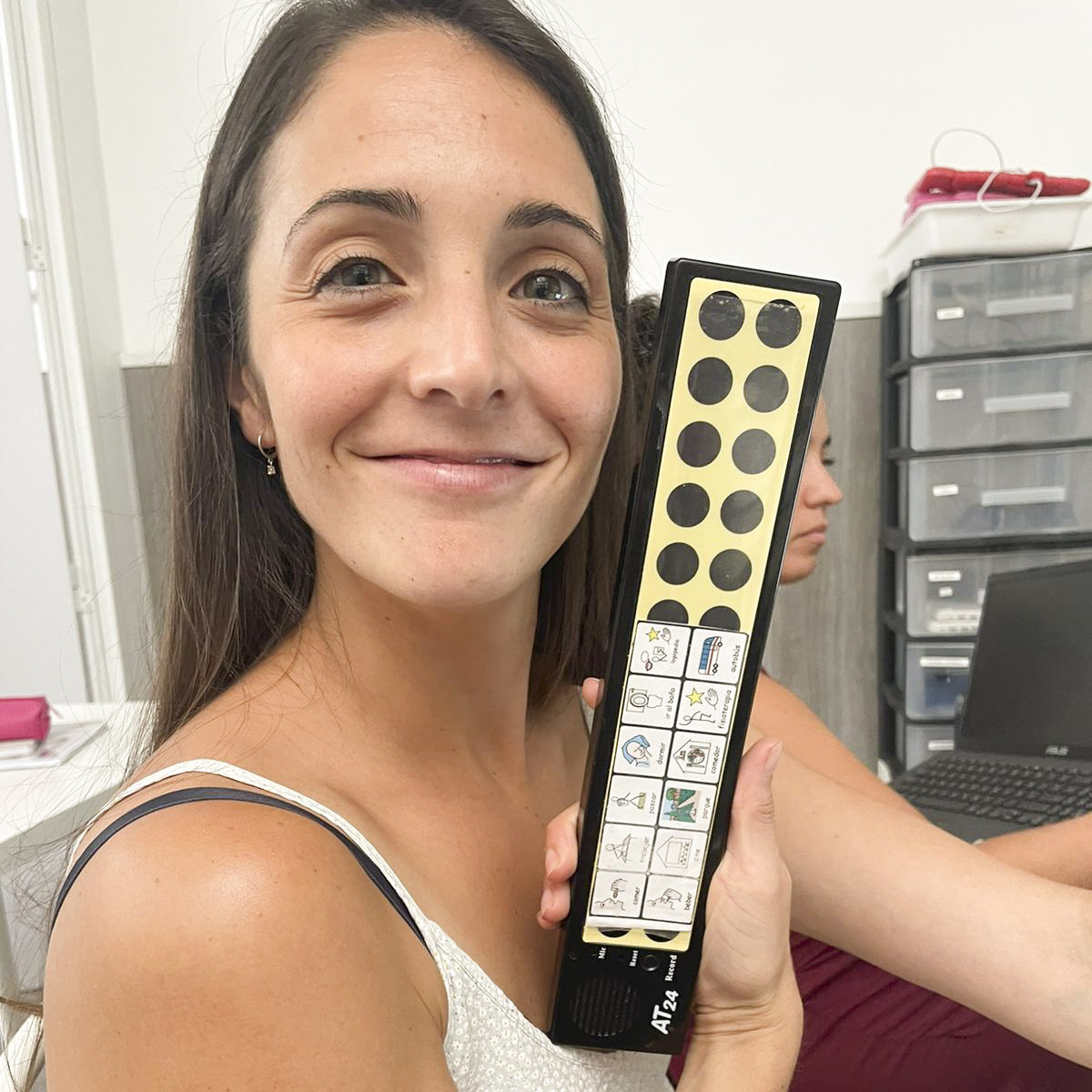Psycho-educational intervention specialised in autism
In order for people with ASD to learn, it is necessary for the environment that surrounds and interacts with them to know what their specific needs are, what supports are needed and what scientifically proven methods are available.
The personalisation of the intervention in the different environments of the person is key to achieving the desired goals. But the most important thing is and will be the well-being of the person with ASD and their family. Personalisation also means adapting to the person, and working in those environments where necessary.
The foundation’s specialised psycho-educational intervention for autism aims to help individuals acquire and generalise learning and skills across different natural environments.



The vast majority of existing intervention systems are implemented during childhood. There comes a time in a person’s life, usually coinciding with the transition to adolescence and maturity, when interventions and support cease because there are no systems, supports, and resources to continue learning without guidance.
This lack of continuity and the total absence of adapted support during the transition to adulthood of the child creates gaps in the development of the person. There is a lack of support at a critical stage in the development of work and pre-work skills, which are crucial to achieving a dignified and independent future. This lack of support, these gaps, mean that the work done in childhood is reduced or lost.
In addition, people with autism currently do not have specialised and specific support throughout their lives: there are no intervention systems for people with ASD that grow with and adapt to the person from very early childhood to adulthood or old age.
There are many different intervention systems, but the innovative service that we offer at Fundació Junts Autisme is that the goal of the intervention is not only the child of TODAY, but the adult who will be the day of tomorrow. To achieve this goal, we use a methodology of constant adaptation to their needs, which empowers, accompanies and supports the person and their family throughout their life cycle.



Without previous work from an early age, adaptation and integration into the social environment may be more difficult, or in some cases, never occur, depending on the characteristics and circumstances of the person.
The psycho-educational intervention specialised in autism that we offer in the organisation consists of a system of continuous re-adaptation to the person’s needs, development of their abilities, and projection of the future. We empower, accompany, and support the person at all stages of their life, providing continuity to the learning acquired in childhood without losing it and facilitating the necessary opportunities to ensure a dignified and as independent a future as possible within their community.
Our intervention system focuses on the present needs of the person but always takes into account their future needs. Personalised and specific intervention for autism is the first phase of a comprehensive umbrella programme of support at all stages of life. It is essential to build foundations and relationships, an internal “know-how” in the organisation, so that the child/young adult is supported in a specific, personalised, and specialised way.



Methodology and activities
In the intervention we use techniques and programmes with scientific evidence, designed based on the individual characteristics of each person, their age and needs.
The learning transfer methodology, the internal communication systems, the evaluation and the monitoring allow that, even if the professional team changes during the person’s growth, all the information about their needs is documented, following a work system specific to the foundation.
-
-
- Coordination with agents external to the person with autism.
- Counselling for families.
- Active participation of the family in the intervention.
- Psycho-educational intervention with the person at school.
- Training for educational professionals.
- Psycho-educational intervention for people with ASD in the organisation’s facilities
- Psycho-educational intervention for people with ASD in other settings and areas of their daily life: leisure, sport, home, etc.
- Ongoing and specific internal training for emerging needs.
-

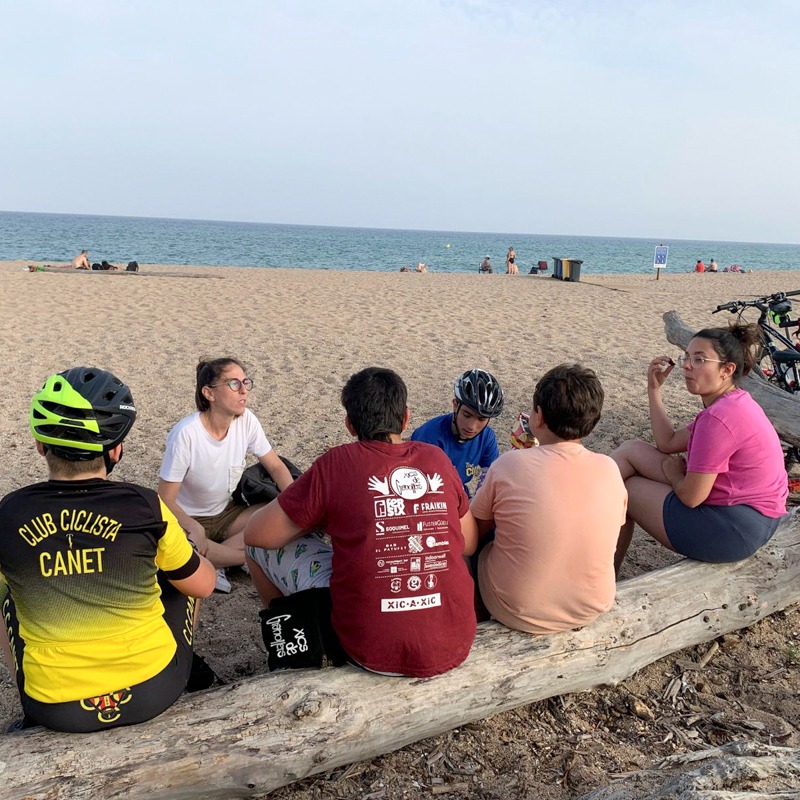

Coordination of the service
The coordination of the foundation’s psycho-educational intervention service specialised in autism consists of:
- An advisory service for families, professionals and other actors involved in the life of the person with autism.
- The organisation, sequencing and selection of objectives and methods of intervention with children, adolescents or adults with autism spectrum disorder.
The coordination is carried out by a person with training and professional experience in psycho-educational intervention and autism spectrum disorders. Each person attending the psycho-educational intervention service has an intervention coordinator and a Personalised Care Plan (PCP). The PCP is tailor-made for them, taking into account their interests, preferences, previous skills and motivations to facilitate learning.
The PCP sets out the objectives to be achieved and the method of working, as well as an initial and final report for each school year. These reports make it possible to monitor the evolution of the objectives set and to propose new ones.
On the other hand, these objectives are recorded daily, reviewed monthly with the intervention coordinator and the team of therapists who carry out the intervention with the person, and agreed with the family. Specific and personalised materials are prepared each month according to the person’s needs and adapted to the objectives of the intervention.
How can I access it?
You can contact us by telephone at 931808926 or 936638439. You will need to make an appointment with the social worker (in charge of the Support to families service).
During this meeting (online or in person), you will receive free advice and guidance according to your needs. You can find more information in the “Support for families” section. If you are interested in accessing the psycho-educational intervention service, you will be placed on a waiting list. You will be contacted as soon as it is possible to access the service. If you are still interested, and before the intervention, an initial assessment will be carried out, which consists of the following stages:
- Interview with the family.
- Evaluation of the cognitive profile by a neuropsychologist.
- Evaluation of the sensory profile by an occupational therapist specialising in sensory integration and autism.
From the gathering of information:
- All the data and findings are compiled in a report.
- A proposal for the Personal Care Plan (PCP) is presented, in which specific objectives are defined.
- A financial proposal is made based on the proposed hours of intervention.
- The PCP proposal and the financial proposal are sent to the family for their consideration. The PCP proposal is carried out by the coordinator responsible for the person’s intervention, although the occupational therapist and neuropsychologist are also involved if deemed necessary. In this proposal, common goals are established.



After the psycho-educational intervention, how does the support continue?
- From the age of 16, the professional team that accompanies the person knows them and knows how to adapt their needs to the new reality and challenges of adulthood.
- The intervention always takes place within the reference community that knows and supports the person.
- The intervention includes a personal assistance service managed by the foundation.
- A transition to adulthood project (EVI Project), which takes over the person’s personal development.
For more information about this service you can write to us at: [email protected]
or call us on 931 808 926.
Services
These are the services we offer Fundació Junts Autisme to
accompany and support people with autism and their families.

